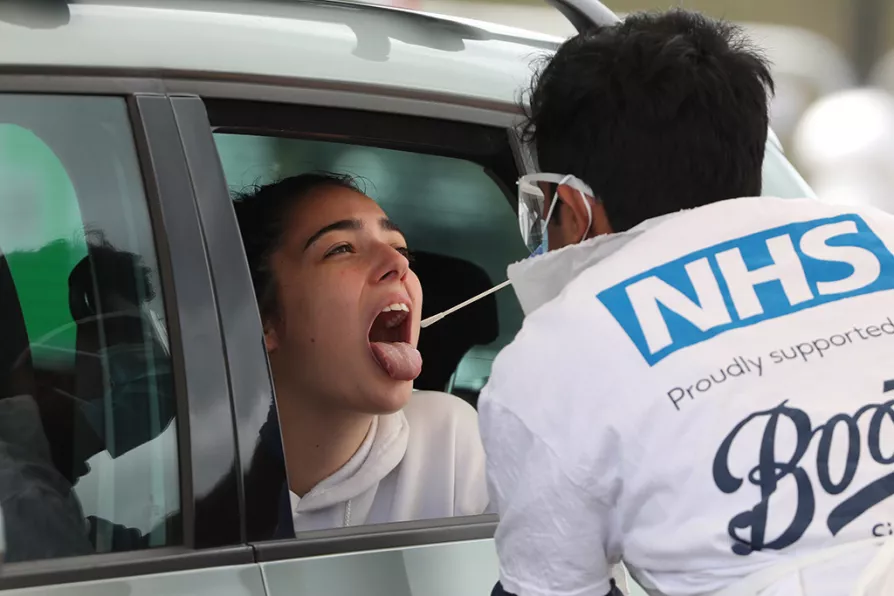As the RMT Health and Safety Conference takes place, the union is calling for urgent action on crisis of work-related stress, understaffing and the growing threat of workplace assaults. RMT leader EDDIE DEMPSEY explains

 A drive through testing facility for COVID-19 at Edinburgh Airport
A drive through testing facility for COVID-19 at Edinburgh Airport
IN ANOTHER example of how the coronavirus crisis has driven privatisation, Deloitte were given full charge of the drive-through Covid-19 testing programme: the government sees a medical emergency and turns to accountants and management consultants. Deloitte subcontracted much of the work to the likes of Sodexo and Mitie.
A new report reveals Deloitte also played a central role in the development of NHS Supply Chain, which has struggled so badly to provide PPE supplies to NHS workers in the pandemic.
Its involvement emerged in a report by University of Greenwich professor David Hall, co-published with the anti-privatisation group We Own It. Dr John Lister, both a health expert and redoubtable campaigner also co-wrote the report, which examines the history of the agency that buys and distributes most NHS “consumables,” including PPE. It’s already had some coverage in the Morning Star, but I wanted to look at some details.

SOLOMON HUGHES asks whether Labour ‘engaging with decision-makers’ with scandalous records of fleecing the public is really in our interests

US General Stanley McChrystal has been invited to advise on creating a ‘team of teams’ for healthcare transformation. His credentials? He previously ran interrogation bases where Iraqis were stripped naked and beaten, reports SOLOMON HUGHES

Despite Labour’s promises to bring things ‘in-house,’ the Justice Secretary has awarded notorious outsourcing outfit Mitie a £329 million contract to run a new prison — despite its track record of abuse and neglect in its migrant facilities, reports SOLOMON HUGHES












